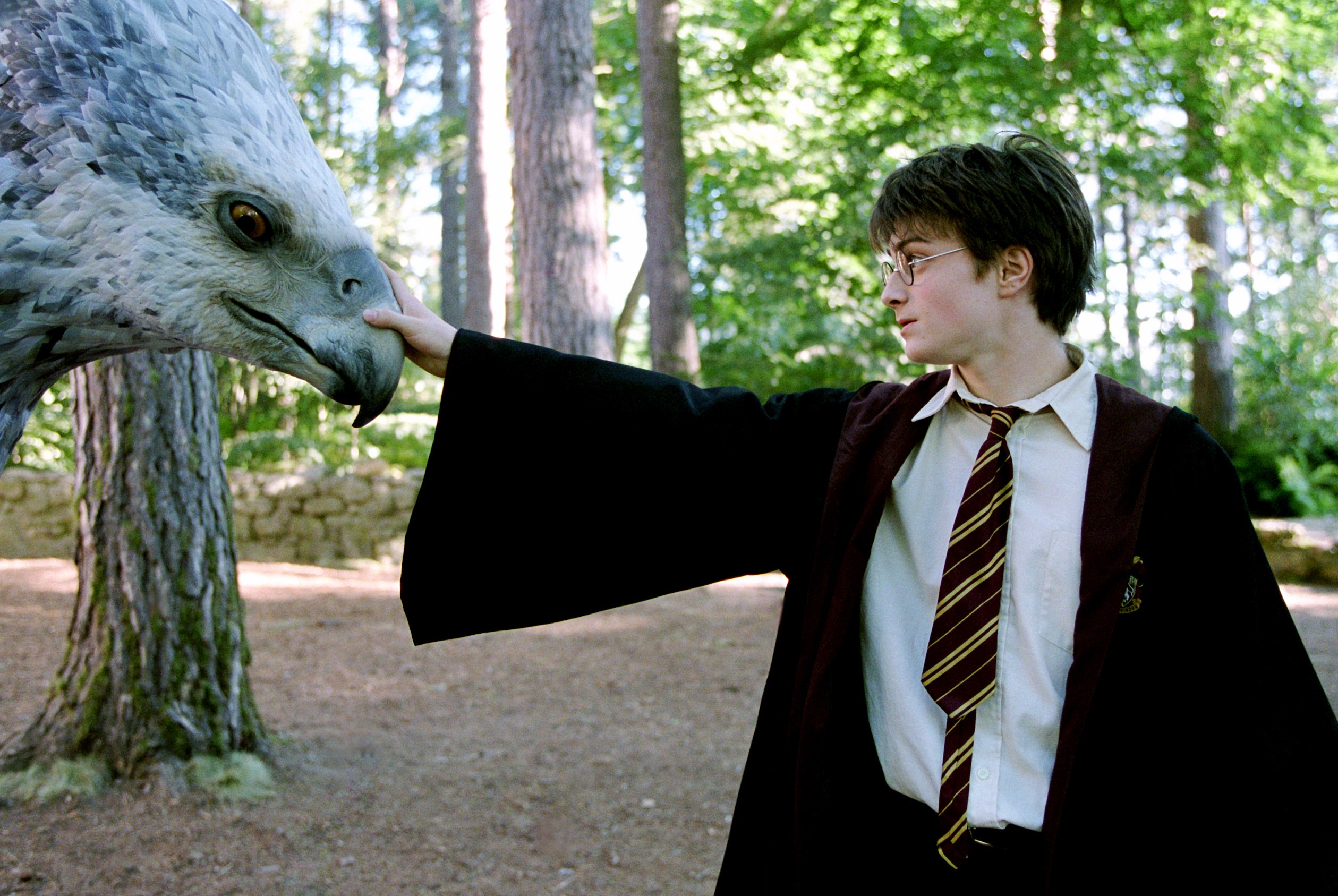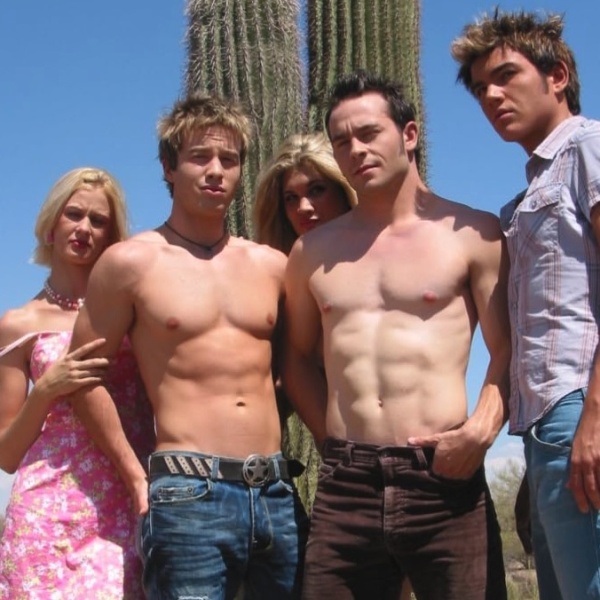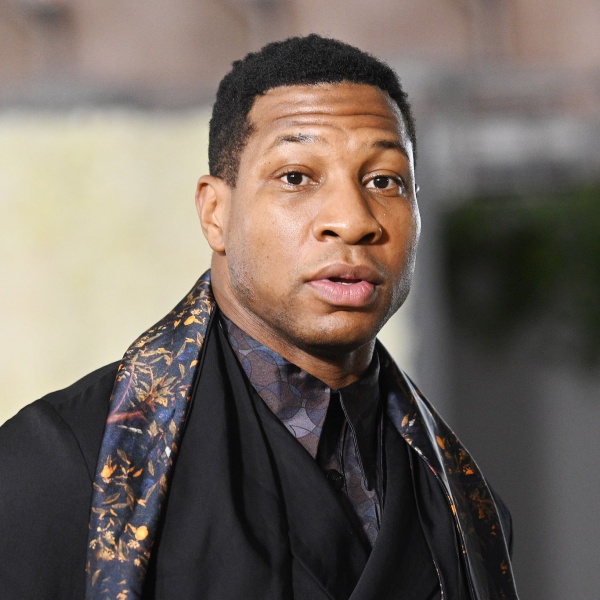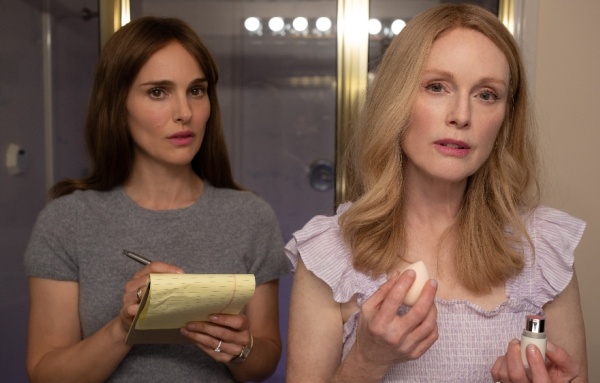Alfonso Cuarón knew he wanted franchise installment “Harry Potter and the Prisoner of Azkaban” to be different from the other “Potter” films. So the professor assigned his Hogwarts, Ravenclaw, Slytherin, and Hufflepuff students some homework.
The director wanted the 2004 “Harry Potter” feature to have a “noir” tone, which Cuarón believed would best present the coming-of-age moment for both the trio of characters played by Daniel Radcliffe, Emma Watson, and Rupert Grint, as well as for the film series itself.
Cuarón was the first new director to step in after Chris Columbus directed the first two films.
“Chris [Columbus] would help them with intonation and get them excited; Alfonso was treating them as young adults: what are you feeling?” the franchise’s producer David Heyman recalled to Total Film for a 20th-anniversary retrospective interview.
Part of getting the core cast to grow up onscreen was to have each actor meditate on their respective characters’ motivations. Cuarón went so far as to assign each a writing task.
“Alfonso also had the three kids write essays about their characters,” Heyman said. “Dan wrote a page, Emma wrote 10 or 12, and Rupert didn’t give in anything. Just perfect.”
As Cuarón himself told Total Film, “Harry Potter and the Prisoner of Azkaban” was a risky move for his own career.
“The first two ‘Potters’ deal with children’s experience,” Cuarón said. “Characters who are 11 and 12. Innocence. A purity even in the way they see the danger. We were dealing with the first sting of questioning everything, particularly who you are. Suddenly you are not part of the whole; there is a teenage separation.”
Cuarón added that working with Radcliffe, Watson, and Grint especially marked a turning point in the rising actors’ careers.
“They were becoming more aware of the craft of acting and they wanted to go to the next stage,” Cuarón said. “From the get-go we talked about how we wanted to ground everything, to make it about a normal human experience in this world. [We wanted to explore] the internal life of each one of these characters. They were incredibly intuitive about this, and very receptive.”
Yet as Cuarón previously admitted, he was skeptical of taking the gig from the beginning. Heyman explained that other directors M. Night Shyamalan, Callie Khouri, Marc Forster, Kenneth Branagh, and Guillermo del Toro were discussed for the third “Potter” feature before Cuarón was approached.
In fact, del Toro even helped convince Cuarón to agree to direct “The Prisoner of Azkaban.”
“I speak often with Guillermo [del Toro], and a couple of days after, I said, ‘You know, they offered me this “Harry Potter” film, but it’s really weird they offer me this,’” Cuarón told Total Film. “He said, ‘Wait, wait, wait, you said you haven’t read “Harry Potter”?’ I said, ‘I don’t think it’s for me.’ In very florid lexicon, in Spanish, he said, ‘You are an arrogant asshole.’”





